Qatar's economy 'stronger than before', central bank governor says
The governor of the Qatar Central Bank says the country’s economy has shown resilience in the face of an ongoing diplomatic and trade boycott, which Saudi Arabia and a number of its allies imposed on the energy-rich Persian Gulf kingdom in June 2017.
“We have surmounted this crisis, we’ve become even stronger than before,” Sheikh Abdullah bin Saud Al Thani said at the Euromoney Qatar Conference 2018 in Doha.
He said Qatar’s international reserves and foreign currency liquidity amounted to 46.5 billion dollars at the end of September, compared to 45.7 billion dollars at the end of May last year.
Al Thani further noted that the state budget marked a surplus of 7.1 billion riyals during the first half of the current year in comparison to a deficit of 35.4 billion riyals in 2017.
“These results were achieved despite the unjust siege imposed on us. Qatar is stronger today than ever before; and its economy is more resilient than it used to be before June 5, 2017,” the governor pointed out.
“The country's real GDP (gross domestic product) grew by 2.5 percent in the first half of 2018, compared to 1.6 percent last year," Al Thani said.
Saudi Arabia, the United Arab Emirates, Bahrain and Egypt all cut off diplomatic ties with Qatar on June 5 last year, after officially accusing it of “sponsoring terrorism.”
The administration of the Saudi-backed and former Yemeni president, Abd Rabbuh Mansur Hadi, Libya, the Maldives, Djibouti, Senegal and the Comoros later joined the camp in ending diplomatic ties with Doha. Jordan downgraded its diplomatic relations as well.
Qatar's Foreign Ministry later announced that the decision to cut diplomatic ties was unjustified and based on false claims and assumptions.
On June 9, 2017, Qatar strongly dismissed allegations of supporting terrorism after the Saudi regime and its allies blacklisted dozens of individuals and entities purportedly associated with Doha.
Later that month, Saudi Arabia and its allies released a 13-point list of demands, including the closure of Al Jazeera television network and downgrade of relations with Iran, in return for the normalization of diplomatic relations with Doha.
The document containing the demands by Saudi Arabia, Egypt, the UAE and Bahrain also asked Qatar to sever all ties with the Muslim Brotherhood and the Lebanese Hezbollah resistance movement.
Qatar rejected the demands as "unreasonable."
Israel’s aggression inflicts $8.5 billion in economic losses on Lebanon: World Bank
Hezbollah attacks Israeli military bases in Tel Aviv, Haifa
Hezbollah strikes multiple Israeli targets in fresh retaliatory operations
VIDEO | New Zealand: Maori MPs protest in parliament with Haka war dance
Pezeshkian: World has come to believe Iran seeks peace, security
Houthi: US bombs inflame, escalate wars of extermination in West Asia
VIDEO | Press TV's news headlines
UN report says Israel’s methods in Gaza align with ‘genocide’





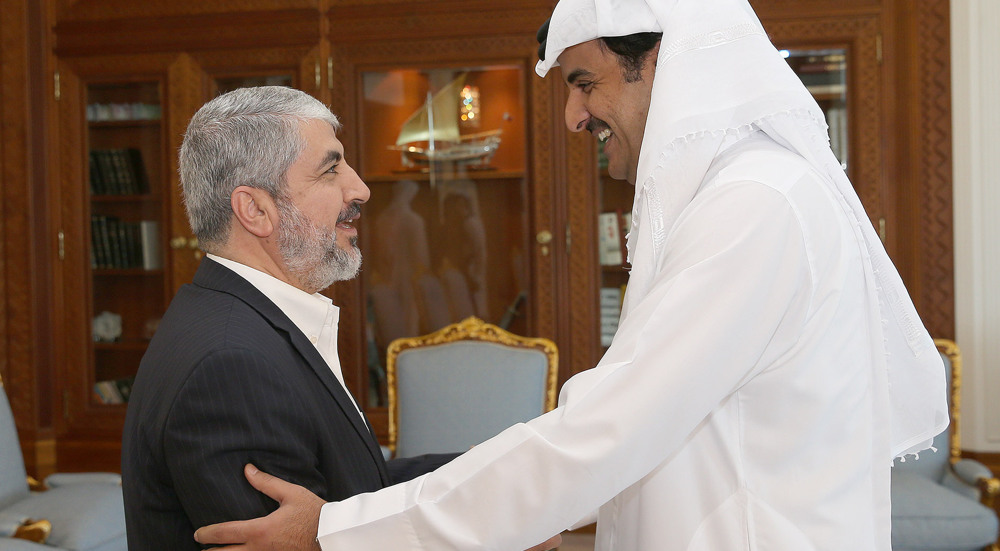
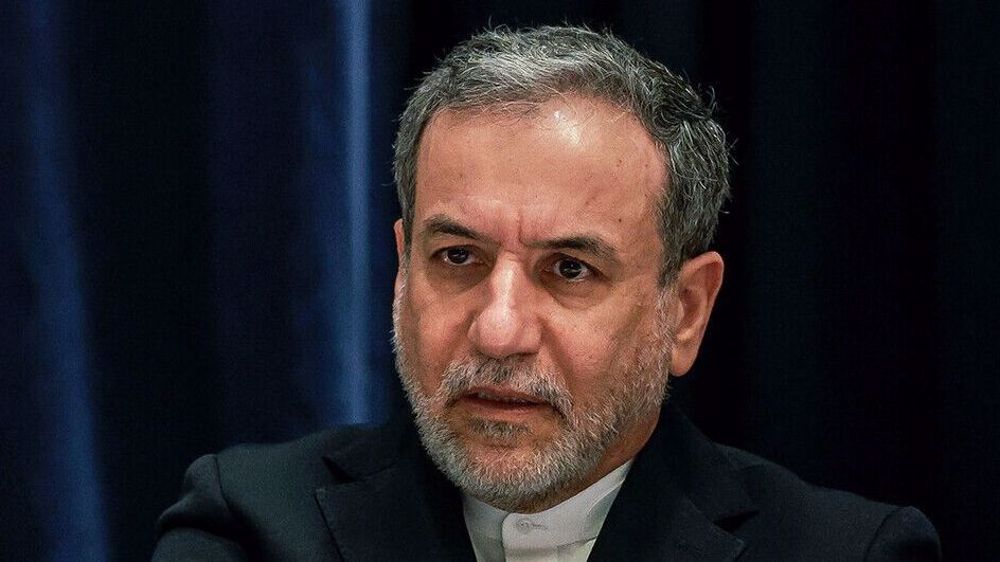
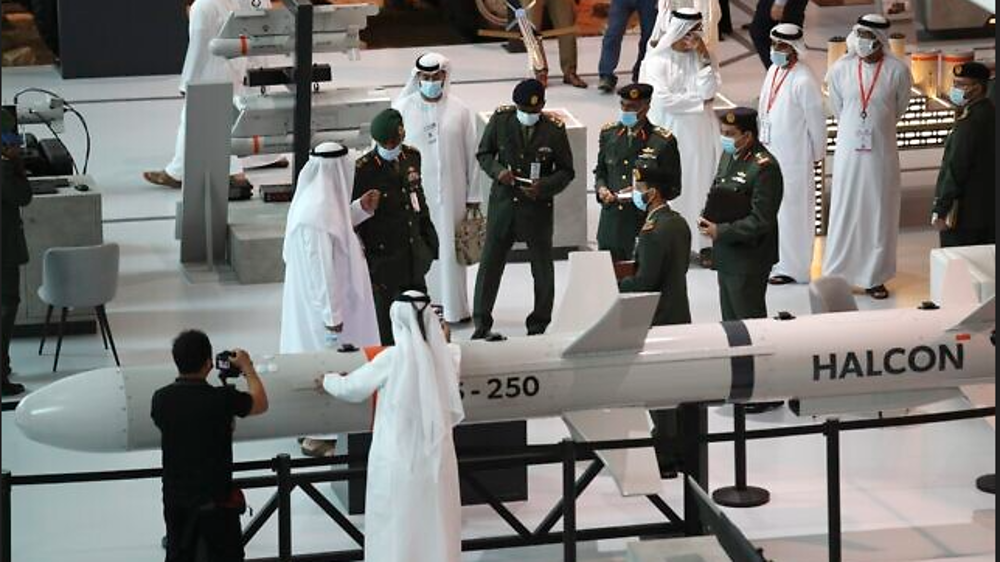




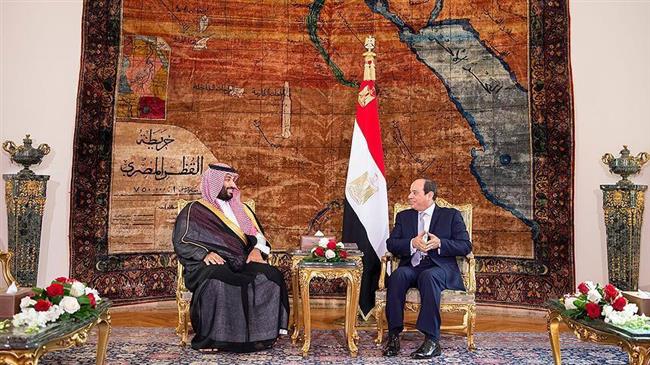
![Qatar: Continuation of crisis reflects [P]GCC’s failure](https://cdn.presstv.ir/photo/20181106/e46c23b8-c7c2-4416-ba3e-d5a4912315c9.jpg)

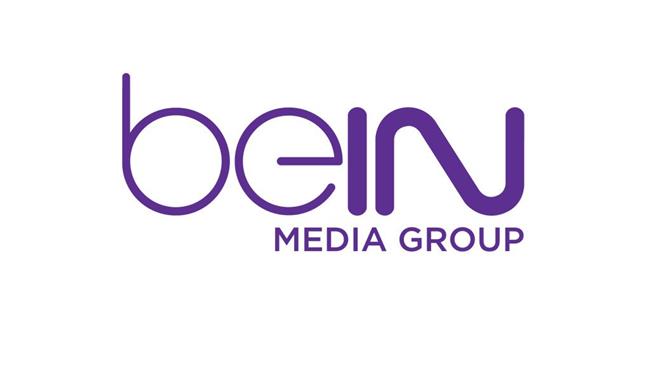
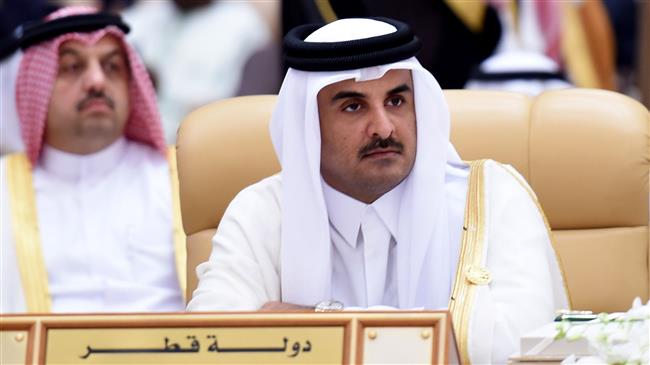


 This makes it easy to access the Press TV website
This makes it easy to access the Press TV website